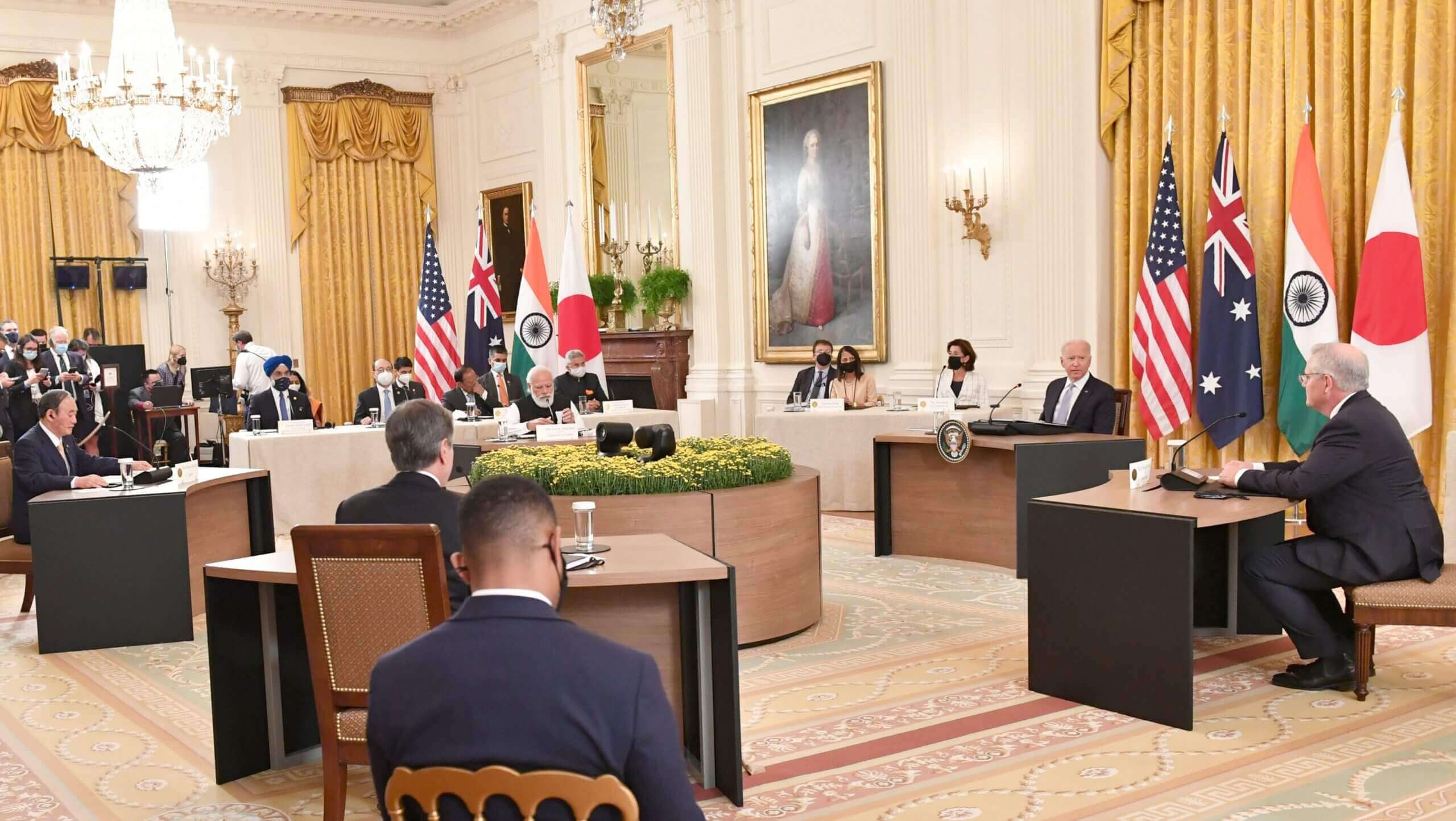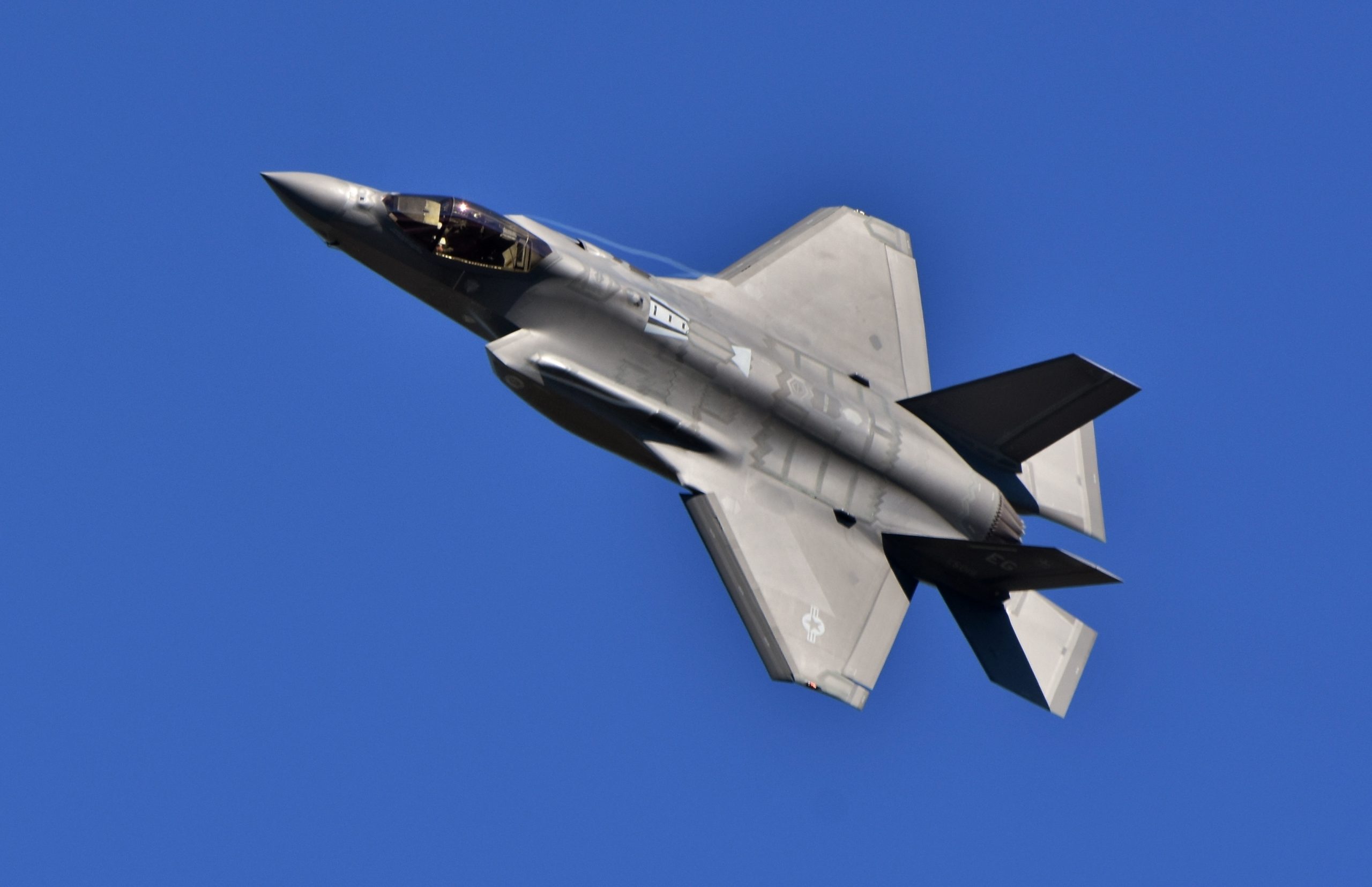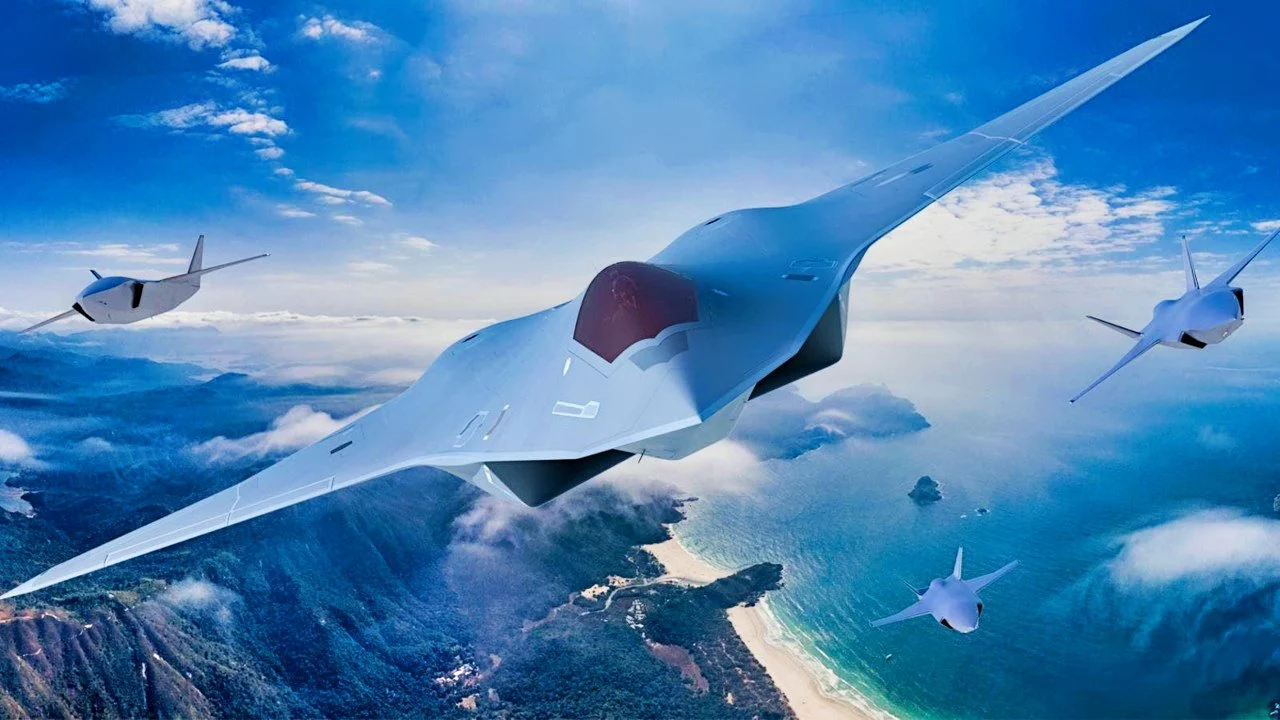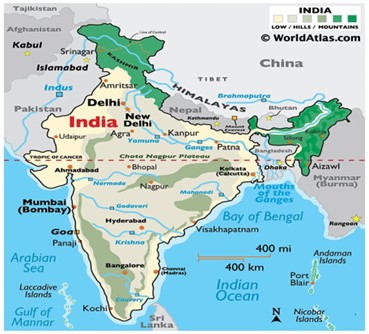
Broader Non-security Quad Agenda Serves India’s Interests

The debate whether the Quad serves India’s security interests is current in strategic circles. More questions on its utility have been raised after the announcement of the Australia-UK-US (AUKUS) defence pact. Our approach towards Quad has always gone beyond security, despite it being framed as a “Quadrilateral Security Dialogue”.
No doubt maritime security has been a core concern of the Quad countries in view of China’s maritime expansionism in the South China Sea and in the Indian Ocean through its maritime silk route. While maritime territorial claims have been a feature in the South China and East China Seas, territorial control of ports and establishing bases are features of China’s strategy in the Indian Ocean.
The pace of China’s naval expansion is unprecedented in history, including nuclear and conventional submarines and aircraft carriers. Such naval power cannot remain confined to the western Pacific and must expand to the Indian Ocean and beyond if China has to exercise its political power and protect its lines of communication at sea. China has to contend with the enormous US naval power in the western Pacific before it can enter the Indian Ocean in a big way. The Japanese navy is a supplementary force in the western Pacific. Australia’s naval capacity, as yet limited, will acquire major defensive and offensive capability in time with the acquisition of US nuclear propelled submarines under the AUKUS pact.
India’s naval power is significant in the Indian Ocean and serves as a bulwark against China’s expansionism at sea, not the least also because of India’s geographical dominance over the sea lanes of communication in this maritime space. The US-India Malabar exercise has moved out of its initial bilateral framework and in stages has become a Quad exercise with the inclusion of Japan and Australia. Whatever the other factors operating in the relations between US, Japan, Australia and China, especially economic ones, that create some uncertainty in India’s mind about the degree of confrontation and accommodation with China that the other three will find acceptable in their own interest, the maritime security dimension will remain a binding factor between them and India. If China succeeds in pushing the US navy out of the western Pacific, it will actually mean acceptance of China’s hegemony and the real retreat of US global power, with all its consequences for India and Asia as a whole.
There is no need to overly focus on the maritime security dimension of Quad and take it as a given, though US Deputy Secretary of State Wendy Sherman commenting in New Delhi during her recent visit that the Quad is in the realm of a “non-defence, non-military arrangement” and a State Department official speaking of the Quad as an informal arrangement with no military or security dimension, is overstating reality.
No doubt, over-emphasising the security dimension also limits diplomatic manoeuvrability, especially vis a vis the ASEAN countries which are loath to get involved in an open military rivalry between the US and China. The Quad Plus concept envisages the inclusion of key ASEAN countries such as Indonesia and Vietnam in building maritime defence against China as it is through three India-Pacific choke points- the straits of Malacca, Lombok and Sunda- that pass through ASEAN space that Chinese nuclear and other submarines enter the Indian Ocean.
A broader Quad agenda that covers cooperation in various non-military areas such as critical technologies and materials, reliable supply chains, infrastructure, Artificial Intelligence (AI), Quantum computing, cyber issues, combating the Covid pandemic, vaccine production and climate change can include select ASEAN countries on issue based cooperation, without it being seen as directed against China. This is the reason why the Quad countries are emphasising the centrality of ASEAN to the Indo-Pacific concept, as a bridge between the Indian and Pacific Oceans, as Prime Minister Modi has said.
India has, therefore, from the beginning, quite rightly, emphasised a broader agenda for the Quad, including humanitarian assistance and disaster relief, piracy, human smuggling, uncontrolled fishing, besides the issues of reliable supply chains, critical technologies etc. The first virtual QUAD summit created three working groups on vaccine production to combat COVID in the Indo-Pacific area, critical technologies such as AI, Quantum computing, 5G et al, and climate change.
The second in person summit in September restated its commitment to a free, open, rules-based maritime order, including in the East China and South China Seas, that is rooted in international law and undaunted by coercion, besides referring to UNCLOS and the security of the Pacific Islands. But the summit outlined a much larger agenda. The envisaged Quad COVID partnership, under which a Vaccine Expert Group has been set up, takes into account India’s views on the importance of open and secure supply chains for vaccine production.
On Climate Change, India’s caveat is reflected in the formulation that in aiming at global net-zero emissions should be “preferably by 2050 and taking into account national circumstances”. The summit document supports strengthening of the Coalition for Disaster Resilient Infrastructure- an Indian initiative. A Clean Hydrogen Partnership has been set up. The reference to the development of critical and emerging technologies calls for their democratic use and respect for human rights.
Other references are to secure and resilient supply chains of critical technologies and materials, semi-conductor supply chains, promoting trustworthy vendors for secure 5G and beyond 5G networks. Very importantly, a Contact Group has been set up to cooperate in the development of technical standards. A Coordinating Group has been set up as part of a New Quad Infrastructure Partnership to promote sustainable infrastructure development, transparent lending practices, debt sustainability and so on.
A Senior Cyber Group will explore new cooperation in cyberspace. At the people to people level, a new Quad Fellowship programme has been created covering 100 graduates from each country for STEM studies in top US universities.
This agenda, almost in its entirety, has an obvious China dimension: countering its strategy in controlling the supply chains of critical technologies and materials by developing alternative reliable ones, developing trustworthy 5G technologies, cooperation in development of standards on which China has been focusing to ensure alternative technologies that are developed would have to adapt to its specifications, opposing the Belt and Road Initiative in the infrastructure area, responding to China’s vaccine diplomacy and its cyber threats.
India’s interests beyond security is in the technology and economic dimension of inter-se Quad cooperation. India’s need to grow, modernise its economy, become part of global supply chains in critical technologies, take part in the development of environment friendly technologies, protect itself from cyber attacks- all these objectives can be advanced by greater cooperation within Quad.
We should therefore look at the bigger picture rather than the narrower one of security, which remains important but does not give the sinews that we need to become stronger more comprehensively, and not in terms of military role and capacity alone. India, in any case, does not want to become part of a military alliance, as this will make us hostage to decisions taken by the stronger partners that are not in our interest, while they, in turn, will not act against their own interests.
Our Quad partners too do not want to assume responsibility to defend India’s security and territorial integrity, as that would mean getting involved militarily in our conflicts with China and Pakistan on land. Our challenges on land have to be met primarily by us. In any case, the Quad countries are not envisaging an actual military conflict with China. The objective is a defensive one- to curb China’s disruptive ambitions. The objective is to pursue hedging strategies collectively, though in the case of US, Japan and Australia there are obligations that arise from mutual defence treaties.
India, however, is not averse to burden sharing in the security domain. In his address to the UN Security Council when India was presiding over the Council, India now sees itself as a net security provider in the Indian Ocean. India’s role in Indian Ocean is vital for maritime security as no other Quad member can assume this burden, even the US whose primary challenge is in the Pacific area. In any case, a stronger Quad posture in the Indo-Pacific maritime space assists in our land challenges from China, as the latter has then to deal with its own “two front” situation.
The objective of AUKUS is not incompatible with our interests. Australia will eventually acquire highly advanced maritime capacity to counter China, both in the Pacific and Indian oceans. We need not have any reservations about this new pact. Wendy Sherman has said in New Delhi that the Quad and AUKUS are non-competing pieces of a puzzle.
If India is strengthening its defence ties with the US without being in alliance with it, there is no reason for us to look askance at two alliance members strengthening their military ties. The US, of course, but Australia and the UK as well, are committing themselves to countering China’s power irrespective of the economic cost this may entail in view of their extensive commercial ties with that country.
***************
Disclaimer
The opinions expressed in this article are the author’s own and do not reflect the views of Chanakya Forum. All information provided in this article including timeliness, completeness, accuracy, suitability or validity of information referenced therein, is the sole responsibility of the author. www.chanakyaforum.com does not assume any responsibility for the same.
Chanakya Forum is now on . Click here to join our channel (@ChanakyaForum) and stay updated with the latest headlines and articles.
Important
We work round the clock to bring you the finest articles and updates from around the world. There is a team that works tirelessly to ensure that you have a seamless reading experience. But all this costs money. Please support us so that we keep doing what we do best. Happy Reading
Support Us





















POST COMMENTS (1)
observer